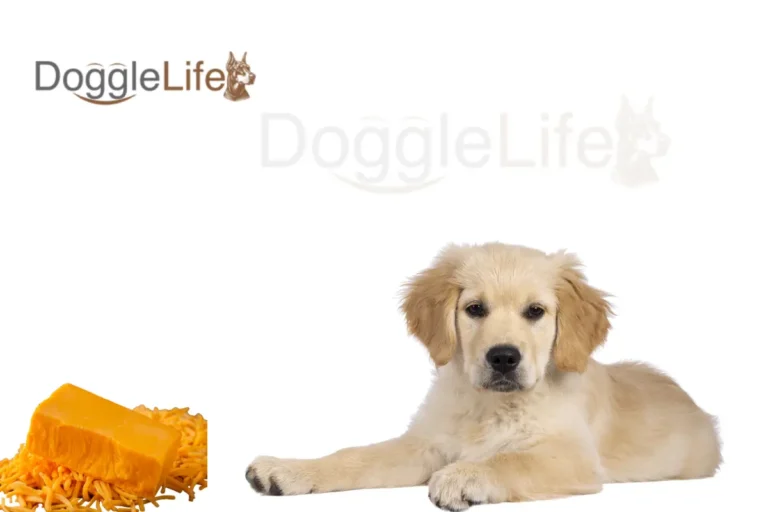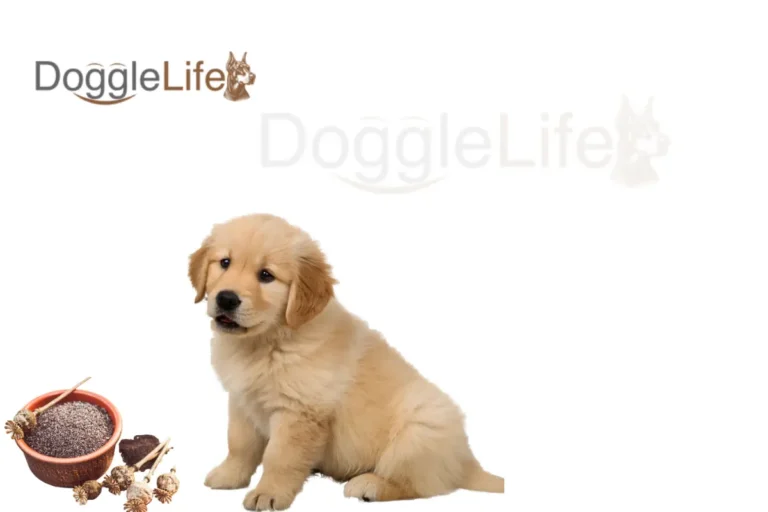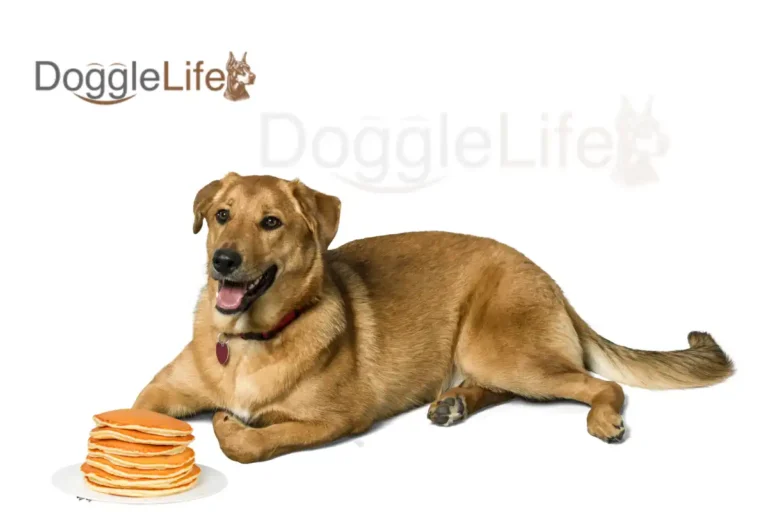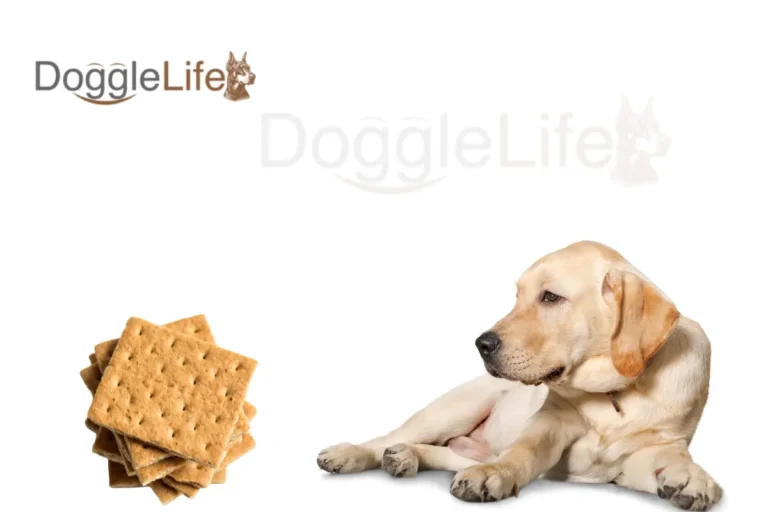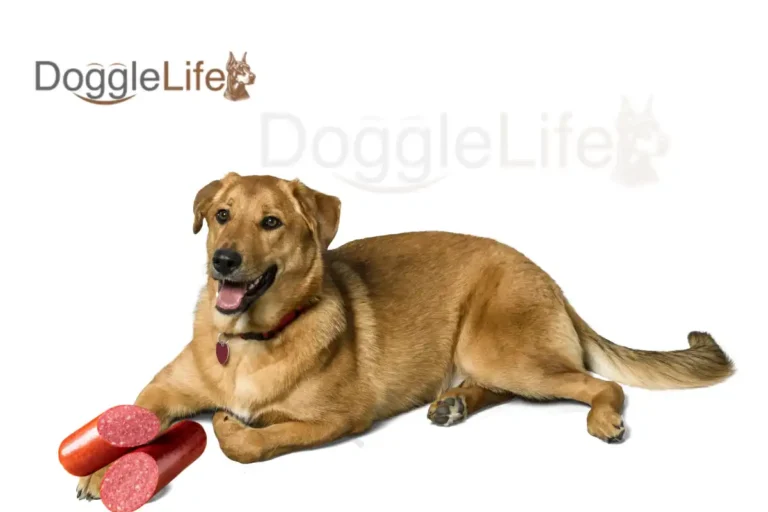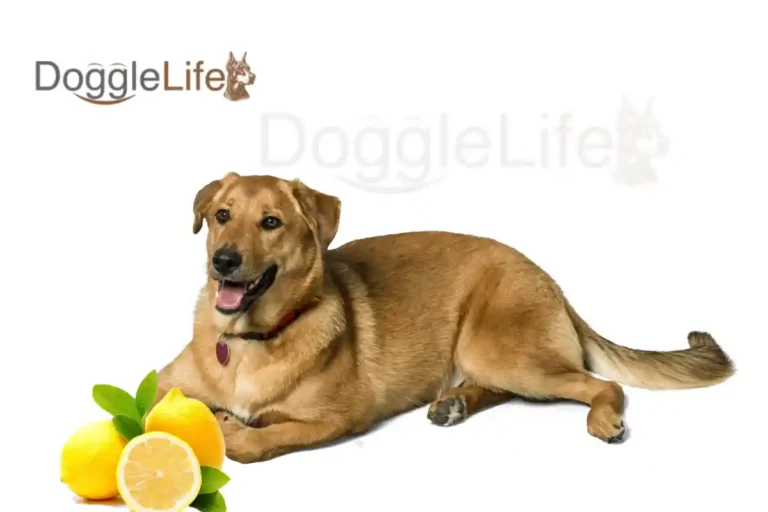Can Dogs Eat Olives Vet Approved
As a dog owner, you may wonder: can dogs eat olives? This guide covers everything from black and green olives to olive oil, sardines in olive oil, stuffed or pitted olives, and even foods cooked in olive oil like chicken or eggs. We’ll also discuss kalamata, manzanilla, Spanish, and Greek olives, plus safety tips about brine, garlic, and mushrooms.
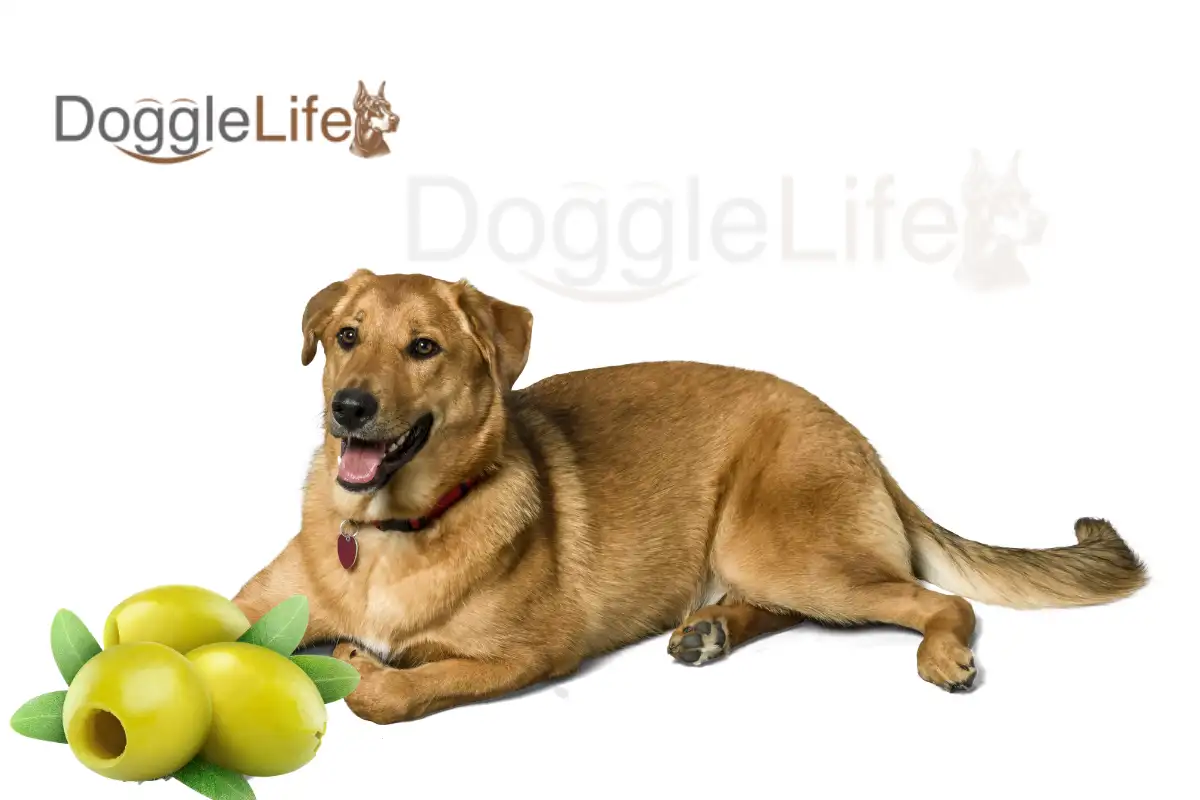
Can dogs eat olives
Yes, dogs can eat olives in small amounts, but moderation is the key. Olives are not toxic, yet they can be high in sodium if packed in brine or stuffed with ingredients that aren’t safe for dogs.
Expert Tip: I always recommend offering plain, unsalted olives if you want to share one with your dog. Too much salt can upset their stomach.
Can dogs eat black olives
Dogs can eat black olives, but only if they are plain and pitted. Black olives in cans or jars often come with preservatives, extra sodium, or brine that can be harmful.
Expert Tip: When I advise pet owners, I tell them to rinse canned black olives under water before giving a small piece. It lowers the salt level and makes it safer.
Can dogs eat olive oil
Yes, dogs can eat olive oil, and it can even benefit their coat and digestion when used in moderation. Olive oil is rich in healthy fats, but too much can cause diarrhea or weight gain.
Expert Tip: I suggest adding no more than 1 teaspoon of olive oil per 20 pounds of your dog’s weight a few times a week. Balance is everything.
Can dogs eat green olives
Dogs can eat green olives if they are plain and free from pits, garlic, or stuffing. Green olives are often more bitter and salty compared to black olives, which makes them less ideal for regular treats.
Expert Tip: Personally, I prefer offering dogs black olives over green ones, since they’re usually milder. If you do give green olives, keep it as a rare treat.
Can dogs eat sardines in olive oil
Yes, dogs can eat sardines in olive oil, and they can be a great source of protein, omega 3 fatty acids, and vitamins. However, the oil can add extra fat, so it’s best to drain the excess before feeding.
Expert Tip: I often tell owners that sardines are one of the healthiest “human foods” for dogs. Just make sure they’re plain, without added salt or spices.
Can Dogs Eat Extra Virgin Olive Oil
Can dogs eat extra virgin olive oil? Yes, they can, and it can actually be beneficial in moderation. Extra virgin olive oil is rich in healthy fats and antioxidants, which can support your dog’s skin, coat, and overall health. The key is moderation too much oil can lead to weight gain or diarrhea.
Expert tip: Add no more than a teaspoon of extra virgin olive oil to your dog’s food a few times a week.
Can Dogs Eat Green Olives with Pimentos
Can dogs eat green olives with pimentos? Generally, yes, but it depends on how they’re prepared. The olive itself is safe if plain, but many store bought green olives with pimentos are soaked in salty brine or contain added spices. Pimentos themselves aren’t toxic to dogs, but the seasonings around them can cause issues.
Expert tip: If you decide to give one, rinse the olive well to remove extra salt and never make it a daily snack.
Can Dogs Eat Olives from the Tree
Can dogs eat olives from the tree? It’s not recommended. Fresh olives straight from the tree are bitter and usually treated before being eaten by humans. They can upset your dog’s stomach, and the pit inside poses a choking hazard or could cause intestinal blockage.
Expert tip: Always remove olive pits and avoid letting your dog snack on fallen olives outdoors.
Can Dogs Eat Olives with Pimentos
Can dogs eat olives with pimentos? Yes, in small amounts, but with caution. Like with green olives, the main concern isn’t the pimento but the salt, brine, or seasonings that come with the olive. Dogs are sensitive to sodium, and too much can lead to dehydration or worse.
Expert tip: Treat olives with pimentos as a “once in a while” food, not part of your dog’s regular diet.
Can Dogs Eat Anchovies in Olive Oil
Dogs can eat anchovies in olive oil in small amounts. Anchovies are rich in omega 3 fatty acids, which are good for your dog’s coat and heart health. However, the olive oil should be minimal because too much fat can upset your dog’s stomach.
Expert Tip: Offer anchovies in olive oil occasionally, and always check for added salt or spices that could harm your dog.
Can Dogs Eat Food Cooked in Olive Oil
Dogs can eat food cooked in olive oil, but it should be used sparingly. Olive oil is healthy in moderation and can support joint and skin health. Too much oil, however, can cause diarrhea or weight gain.
Expert Tip: Drizzle a tiny amount of olive oil over your dog’s food instead of cooking with it directly. This keeps it safe and healthy.
Can Dogs Eat Olives Safely
Dogs can eat olives safely, as long as they are plain and pitted. Avoid stuffed or seasoned olives since they can contain harmful ingredients like garlic, onions, or excess salt.
Expert Tip: Give your dog one or two plain olives as a treat, and always remove the pit to prevent choking.
Can Dogs Eat Autumn Olives
Dogs can eat autumn olives in moderation. These small berries are rich in antioxidants, but too many can cause stomach upset or diarrhea.
Expert Tip: Start with just a few autumn olives and monitor your dog’s reaction before offering more. Treat them like any new snack.
Can Dogs Eat Black Olives and Mushrooms
Dogs can eat black olives and mushrooms safely if both are plain. Avoid seasoned mushrooms or canned varieties with salt or spices. Black olives are healthy in moderation, and mushrooms provide nutrients like vitamin D.
Expert Tip: Introduce small amounts first and watch for any digestive issues. Plain, fresh mushrooms and pitted olives are always the safest option.
Can Dogs Eat Canned Black Olives
Dogs can eat canned black olives in small amounts, but moderation is key. These olives often contain added salt or preservatives that can be harmful to your pup.
Tip from a dog nutrition expert: Always rinse canned olives to remove extra sodium before giving them to your dog. Too much salt can upset their stomach or affect their kidneys.
Can Dogs Eat Chicken Cooked in Olive Oil
Yes, dogs can eat chicken cooked in olive oil. Olive oil is healthy for dogs in small quantities and can add some tasty fat to their meal.
Expert advice: Make sure the chicken is plain and fully cooked, with no seasonings like garlic or onion, which are toxic to dogs. A little olive oil goes a long way.
Can Dogs Eat Eggs Cooked with Olive Oil
Dogs can eat eggs cooked with olive oil. Eggs are a great source of protein and healthy fats, and olive oil can improve coat and skin health.
Expert tip: Keep the olive oil amount minimal just a teaspoon per serving is enough for most medium sized dogs.
Can Dogs Eat Eggs Fried in Olive Oil
Yes, dogs can eat eggs fried in olive oil, but moderation is important. Fried eggs contain extra fat, so only give them occasionally.
Expert tip: Avoid adding salt, pepper, or other spices. Plain fried eggs in olive oil are safe and nutritious as an occasional treat.
Can Dogs Eat Manzanilla Olives
Dogs can eat manzanilla olives in very small amounts. These olives are flavorful but can have pits or extra sodium that may cause digestive issues.
Expert advice: Always remove the pit and rinse the olive to reduce sodium. Treats like this should be rare and small in size.
Can Dogs Eat Meat Cooked in Olive Oil
Dogs can eat meat cooked in olive oil, and it can actually be a healthy addition in small amounts. Olive oil adds healthy fats and can improve your dog’s skin and coat.
Expert tip: Make sure the meat is plain no spices, garlic, or onions. A small drizzle of olive oil is enough; too much can cause stomach upset.
Can Dogs Eat Olive Loaf
Olive loaf is generally not recommended for dogs. It often contains high amounts of salt, seasonings, and sometimes toxic ingredients like garlic.
Expert advice: If you want to give your dog a taste, stick to homemade treats with plain olives, but avoid processed olive loaf.
Can Dogs Eat Olive Oil Everyday
Dogs can eat olive oil every day in very small amounts. It can support a healthy coat, improve digestion, and provide beneficial fats.
Expert tip: Stick to about 1 teaspoon per 10 pounds of body weight. Too much olive oil daily can lead to diarrhea or weight gain.
Can Dogs Eat Olive Oil for Constipation
Yes, dogs can eat olive oil for constipation. Olive oil can act as a gentle laxative and help ease bowel movements.
Expert advice: Give just a teaspoon mixed with their food and monitor their reaction. If constipation persists, check with a vet.
Can Dogs Eat Olive Wood
Dogs should not eat olive wood. While it’s not toxic, it can splinter and cause choking or internal injuries.
Expert tip: Instead of wood, offer safe chew toys made for dogs. Olive wood is better for furniture than for chewing.
Can Dogs Eat Olives and Garlic
Feeding your dog olives and garlic together is not recommended. Garlic contains compounds that can damage a dog’s red blood cells, leading to anemia over time. Even a small amount of garlic can be harmful, while olives themselves are usually safe in moderation.
Expert tip: Always separate foods that are safe for dogs from those that can be toxic. Stick to plain olives if you want to treat your pup.
See also: Can Dogs Eat Pecans
See also: Can Dogs Eat Brussel Sprouts
Can Dogs Eat Olives and Mushrooms
Dogs can eat plain olives, but pairing them with mushrooms depends on the type of mushroom. Store bought mushrooms like white button mushrooms are generally safe, but wild mushrooms can be extremely dangerous. Combining olives with safe mushrooms is okay in small amounts.
Expert tip: Never let your dog try mushrooms from outside; it’s better to stick to store bought and well cooked options.
Can Dogs Eat Olives in Brine
Olives in brine are not ideal for dogs because of the high salt content. Salt can cause dehydration, kidney strain, and even sodium poisoning in dogs if consumed in excess. Plain, unsalted olives are a much safer treat.
Expert tip: Rinse any olives before giving them to your dog if they’ve been in brine, or better yet, choose fresh olives.
Can Dogs Eat Pickles and Olives
Pickles and olives together might seem harmless, but pickles often contain high sodium and spices that are harmful to dogs. Olives alone are okay in moderation, but pickles should generally be avoided.
Expert tip: Always check the ingredients and keep pickles out of your dog’s diet your pup doesn’t need the extra salt.
Can Dogs Eat Pitted Black Olives
Pitted black olives are safe for dogs in small amounts, as long as they are plain and unsalted. Removing the pit is crucial because it prevents choking and digestive issues. Moderation is key.
Expert tip: Always remove pits and cut large olives into smaller pieces to avoid choking hazards.
See also: an dogs eat pumpkin seeds
See also: Can Dogs Eat Beets
Can Dogs Eat Pitted Olives
Yes, dogs can eat pitted olives in moderation. Pitted olives are generally safer than whole olives with pits because the pit can cause choking or intestinal blockage.
Expert tip: Always give your dog plain pitted olives without any added salt or seasoning. Start with one small piece to see how your dog reacts.
Can Dogs Eat Spanish Olives
Dogs can eat Spanish olives, but it’s important to choose plain ones. Spanish olives are often marinated in spices or vinegar, which can upset your dog’s stomach.
Expert tip: Rinse the olives to remove any extra brine and avoid giving too many. Treats should never replace your dog’s balanced diet.
Can Dogs Eat Stuffed Olives
Stuffed olives are not the best choice for dogs. Fillings like garlic, cheese, or peppers can be harmful. Only plain or dog safe fillings are okay in very small amounts.
Expert tip: Always check the stuffing ingredients before offering a stuffed olive to your dog. When in doubt, skip it.
Can Dogs Eat Things Cooked in Olive Oil
Dogs can eat foods cooked in olive oil in moderation. Olive oil is safe and can even support a shiny coat and healthy skin. However, too much oil can lead to diarrhea or stomach upset.
Expert tip: Add only a teaspoon of olive oil to your dog’s meal and mix well. Always monitor your dog’s reaction the first time you introduce it.
Can Dogs Eat Anchovy Fillets in Olive Oil
Dogs can eat anchovy fillets in olive oil occasionally. Anchovies are rich in omega 3 fatty acids, but the added salt in preserved fillets can be harmful if given too often.
Expert tip: Opt for low sodium or fresh anchovies and remove excess oil before serving. Limit to small portions as a special treat.
Can Dogs Eat Black Olives for Pizza
Black olives are generally safe for dogs in small amounts, but when it comes to black olives for pizza, you need to be extra careful. Pizza often contains ingredients like garlic, onions, and high amounts of cheese, which can be harmful to dogs. The olives themselves aren’t toxic, but the pizza context makes it risky.
Expert Tip: If you want to give your dog black olives, serve them plain and in moderation, never on pizza.
Can Dogs Eat Greek Olives
Greek olives are usually packed in brine, making them very salty. High salt intake is not safe for dogs and can cause dehydration or more serious health problems. While a small piece of plain Greek olive might be okay, it’s best to avoid feeding them regularly.
Expert Tip: Always rinse brined or marinated olives before offering a tiny piece to your dog, and keep it as an occasional treat.
Can Dogs Eat Olive Oil Tuna
Olive oil tuna is safe for dogs in moderation, but only if it’s plain and free of added seasonings. Tuna provides protein and omega 3 fatty acids, which are good for your dog’s coat and joints. Olive oil in small amounts can be beneficial too, aiding digestion.
Expert Tip: Limit the portion to a teaspoon or two, and avoid canned tuna with added salt or spices.
Can Dogs Eat Olives Seeds
Olive seeds are not recommended for dogs because they are hard and can be a choking hazard or cause intestinal blockage. Dogs should only eat the flesh of the olive, without seeds.
Expert Tip: Always pit the olives before giving them to your dog, even if it’s just a tiny snack. Safety first!
So, can dogs eat olives? In moderation and when prepared safely, some olives and olive oil can be okay for dogs. Still, caution is needed with stuffed, brined, or flavored varieties, as well as foods like pickles, mushrooms, or garlic mixed with olives. Always check with your vet before adding olives or olive oil to your dog’s diet.

